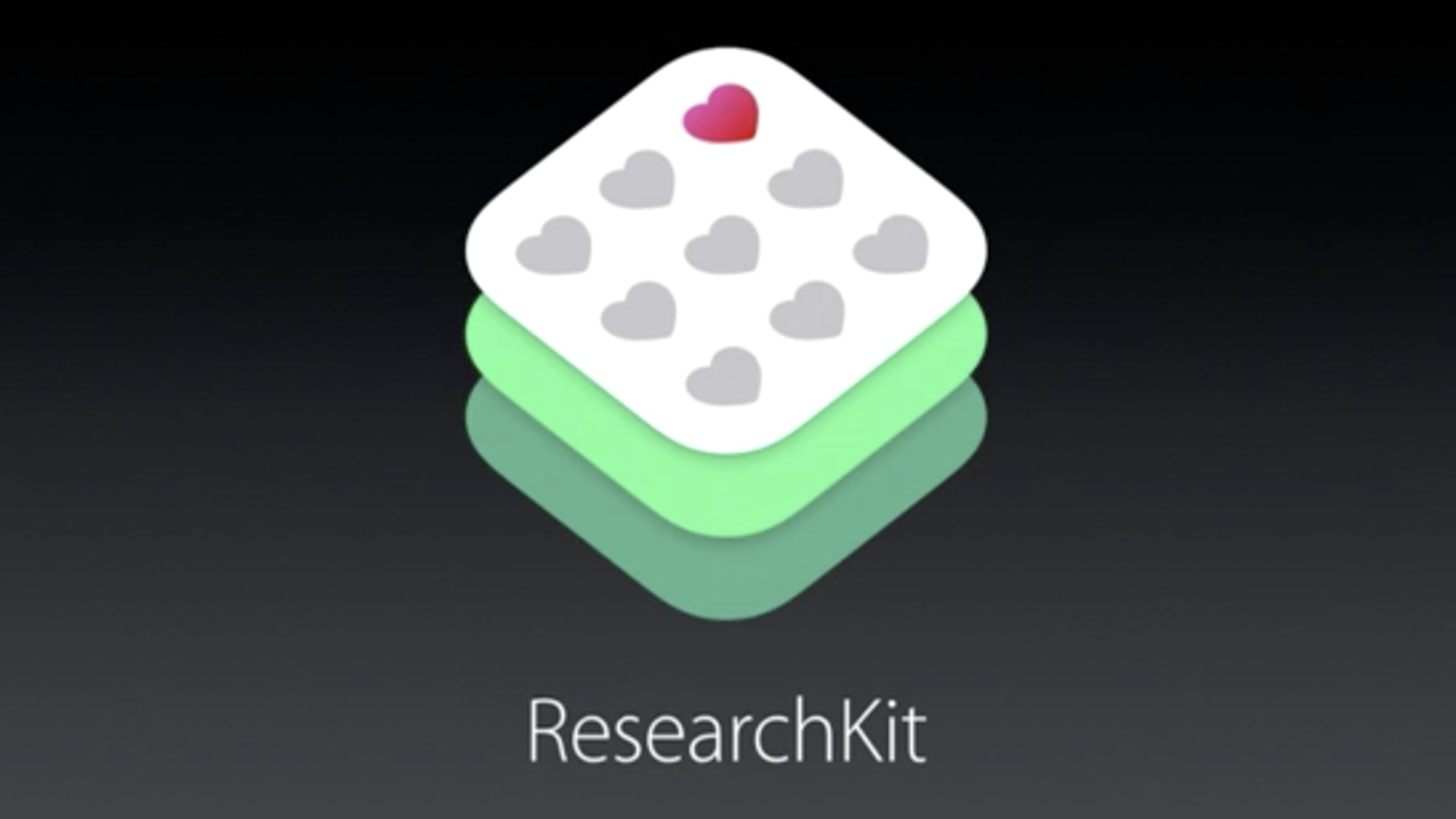Apple shows how iPhone and iPads are helping scientists battle medical issues
ResearchKit could change how scientists collect data for studies

Sign up for breaking news, reviews, opinion, top tech deals, and more.
You are now subscribed
Your newsletter sign-up was successful
Back in March, Apple hosted a press conference to give us a glimpse of a new Macbook and launch the Apple Watch. At the time we were distracted by all the hardware, and it was easy to miss what might turn out to have been the most important announcement that day: the launch of ResearchKit.
This was the name given by Apple to a programme that enables scientists and doctors to use iPhones and Apple Watches to collect medical data and contribute to medical research.
And today, Apple has announced some of the first real case studies using the new tool to learn more about autism, epilepsy and melanoma.
Helping detect autism
Apparently the app uses "novel emotion detection algorithms" to measure the reaction of kids to videos shown on the screen.
For epilepsy, researchers at John Hopkins University have developed an "EpiWatch" app for the Apple Watch, which can be triggered at the press of a button at the start of a seizure.
This will then monitor the wearer's movements using the built-in accelerometers, as well as their heart rate, so that doctors will have more data to work with. The app will also alert loved ones in the event of a seizure - and will even help wearers keep track of their medication.
Melanoma algorithms
By having thousands of people contribute photos of their moles the researchers could come up with detection algorithms which could be used to spot early warning signs in others.
Sign up for breaking news, reviews, opinion, top tech deals, and more.
In tandem with these studies Apple is expanding the scope of ResearchKit and has worked with scientists to develop an extension to the original framework to incorporate "active tasks". These are apps that will have users actively carry out some form of activity so that it can be monitored.